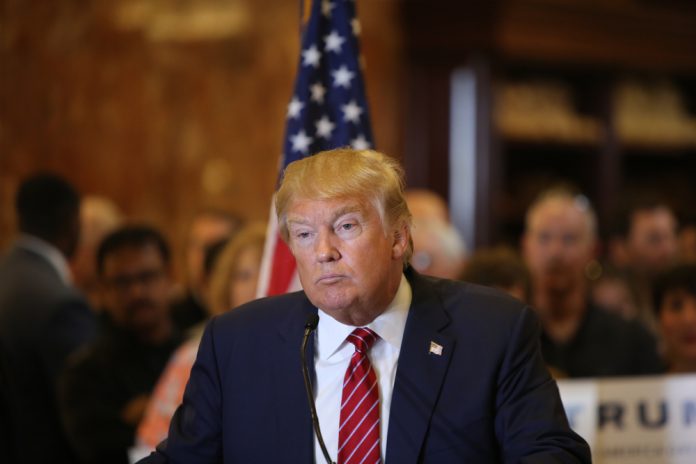As social media continues to tighten its grip on society, it was perhaps inevitable that it would become a key part of politics in the 21st century. Gone are the days of election news being covered by newspapers, or reported on television in the six o’ clock news – now every word, pledge and monumental cock-up is documented in real time on Twitter, Snapchat and Facebook.
Whilst traditional print media continues to decline and newspapers struggle to survive, 44 percent of Americans use Facebook as their main source of news. During a panel at London’s Social Media Week on Thursday, Emran Mian of the Social Media Foundation highlighted the problems with social media being at centre of political news.
Facebook has 200 million users per month in the US, meaning nearly two thirds of the population have news tailored to their views. Algorithms that suggest further stories based on a users previous reads risk creating “political ghettos” on social media. “It can really close down conversation”, says Mian, and risk “entrenching views rather than building democratic debate”.
The power of social media has been obvious in the run-up to the US election. Both Donald Trump and Hillary Clinton are prolific tweeters and often use it to one-up each other – a situation entirely captured by Hillary’s “delete your account” tweet.
Delete your account. https://t.co/Oa92sncRQY
— Hillary Clinton (@HillaryClinton) 9 June 2016
The power Twitter gives politicians should not be underestimated – it gives an unprecedented level of communication with the electorate. Donald Trump now has 11.5 million followers, with Hillary at 8.79 million.
“Politicians who engage do well.” says Nick Pickles, Twitter’s head of UK Public Policy. “Social media makes politicians more accessible – very quickly correct people twitter if theres a mistake”.
On the one hand it makes politics more open and transparent, and goes some way to negate the idea that politicians are unapproachable and out of touch with the population. Social media “punctures the Westminster bubble”, according to Reuters journalist Nic Newman, and allows the public to have a real voice in politics.
This is especially evident in the use of hashtags. Barely a Prime Minister’s Questions goes by without the #PMQ hashtag trending nationally on Twitter; politicians are called out for mistakes instantly, increasing accountability and opening debate.
However, the increasing effect of social media brings its own challenges, and a surprising repercussion of social media has been the effect on the civil servant/politician divide. Traditionally civil servants tend to remain in the background as invisible support to politicians, but with the rise of Twitter in the civil service the sense of anonymity has been lost.
Similarly, the platform for a range of views has been a real threat to the three party system. “It exposes us to the plurality of political opinion”, says Nic Newman, opening up debate and issues across the entire political spectrum.
So looking to the future, what role will social media play in the democratic process?
“Twitter make things more transparent – people are more accountable, which is both positive and negative. There is less time to think about decisions, but it is a benefit for representative democracy,” says Nic Newman.
Whilst mistakes in social media are common and blunders can make a big difference in politics, social media has an incredibly humanising power for politicians. Everyone makes mistakes and as Emran Mian says, “Social media has the potential to make us more accepting of complexities of those in the public eye” – although whether this will hold true for Donald Trump remains to be seen.

